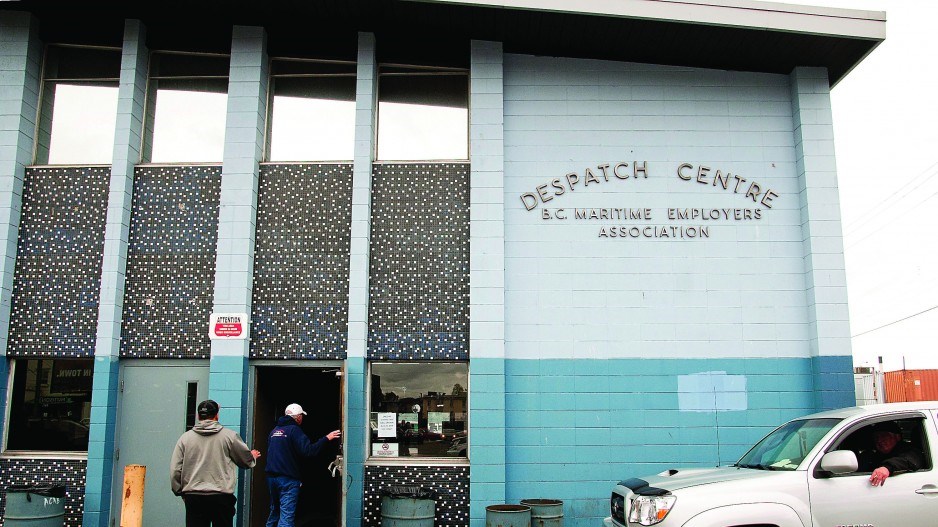They’re still talking.
That’s the good news on B.C.’s waterfront; the bad news is that that is pretty much all there is to report following Year 1 in the negotiations for a new collective agreement between the province’s maritime employers and
A new long-term deal to replace the landmark eight-year contract that expired last March is important for parties on both sides of the bargaining table, but it is also critical to maintaining the free flow of goods through the country’s Asia-Pacific Gateway and its contributions to the health of local, regional and national economies.
The expired contract helped ensure relative
It also helped re-establish Vancouver’s reputation for port reliability. That reliability was damaged in the 1970s by lengthy
Failure to negotiate a new long-term collective agreement could also dull the competitive edge B.C.
Many of those competitors have invested heavily in transportation infrastructure to improve efficiency; major port
In July 2017, the U.S.
The BC Maritime Employers Association (BCMEA) and the 6,000-member ILWU had 44 negotiating sessions in 2018. Lauren
While she declined to say whether any significant progress has been made,
“We would be in a far worse position if there were no dates set [for negotiations] and [
She also pointed out that the previous contract took approximately two years to negotiate.
“So this is all par for the course.”
As of press time, ILWU Canada president Robert Ashton had not responded to a Business in Vancouver request for comment, but in a previous interview Ashton said port employers and employees “are looking to get something done as fast as we can for the benefit not only of each side but also [for] our country.”
BCMEA president and CEO Terry Duggan said in an interview in late 2018 that his organization was “cautiously optimistic” that it “will be able to bring in a collective agreement without any kind of service disruption.”
Duggan, who has been with the BCMEA for 32 years, is set to retire at the end of March after two years as the organization’s president and CEO.
The BCMEA is also in contract negotiations with Local 514, the ship and dock foremen’s union.
There has been some recent contract success for B.C.
Late last year, Global Container Terminals (GCT), Canada’s largest maritime employer, reached a five-year deal with Local 502. The union represents about 60 container shipping planners at GCT’s Deltaport terminal at Roberts Bank and at Vanterm in Vancouver. •
@timothyrenshaw




